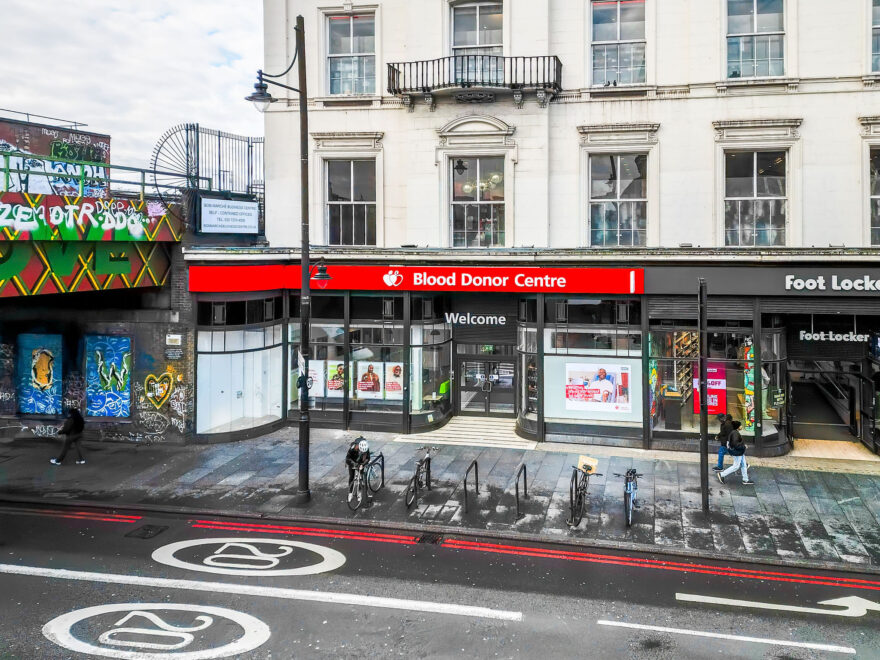Maintaining Engagement in Lockdown: Your questions, answered

Our Maintaining Engagement in Lockdown webisode was a huge success, with our live panellists receiving dozens of insightful questions from those who had tuned in.
Unfortunately, they weren’t able to answer them all live on air due to time restraints.
However, once the show had finished, we put the unanswered questions to Liz Hardwick-Smith, director of HR and training at Pick Everard, and Darren Crocker, framework manager at Gleeds.
Here are their responses.
How can we look after employee mental health while working from home?
A well-considered keeping in touch plan, access to self-help resources and listening services can provide much-needed support to employee mental health while we’re all working remotely.
Line managers should regularly reach out to their people through phone calls or video calls to catch up about how they are more so than ever. Individual needs may differ, so line managers should agree how and when to contact each team member.
If you have an employee assistance programme in place or trained mental health first aiders, communicate this to employees and encourage early access, so employees reach out for help before mental health challenges reach crisis point.
This can be supplemented with information on the company intranet, booklets or information in the post regarding how to stay physically and mentally well during this period. There’s lots of fantastic external resources from professionals in this area that you can signpost people to.
If you’re a larger organisation, you could run a morale or wellbeing survey to seek feedback on how people are, so that you can take action on anything that needs improving.
Remember to also make time for fun – team lunches, quizzes, yoga – all these aspects remain important and provide much-needed bonding time.
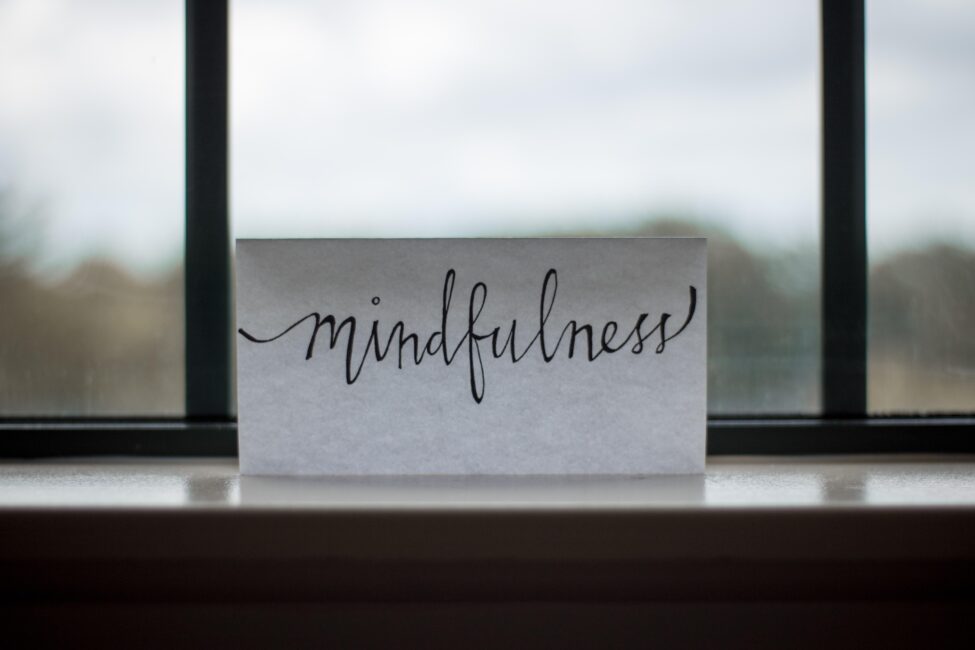
What is Perfect Circle doing to foster trust within the organisation during lockdown?
Trust is crucial right now, but to a large extent we are not doing anything different – the long-standing commitment to fostering trust among our teams is instead reaping rewards as our people step up in the face of the current challenges.
This is not to say we are complacent: people need to have trust in their organisation at a time when they are experiencing a complex, uncertain and ambiguous new world.
We’re continuing to build trust in a number of ways:
- Ensuring leaders have increased visibility: We’re embracing technology to implement different ways of communicating such as via live broadcasts, Q&A sessions and we’re using our intranets to be as transparent and clear as possible on the organisation’s response to government guidelines.
- We’re listening more: One to ones are well structured and we’re seeking feedback through staff forums on what we can do next to support people. There’s a constant open dialogue and people know they are safe sharing their ideas and views.
- We’re reminding people about key behaviours: Empathy, warmth, compassion and kindness are key. Leaders and managers are being encouraged to role model these behaviours and encourage them in their teams.
What, if anything, is Perfect Circle doing differently in relation to engagement that will continue post lockdown?
We’ve embraced a range of new practices. We’ve learnt how to run effective meetings, broadcasts and Q&A sessions using Teams, Zoom or Skype.
With less travel, we have more time to invest in the discussions and we can be instantly productive in getting the actions in to place. We have also seen the rise of the “15 minute meeting” – the travel-free, easy access to virtual meetings means that people do not feel obligated to have “full meetings” and see the value of a quick check-in or catch up that has both business and personal welfare benefits.
We’ve been involving people more, asking for their ideas and feedback – either in one to ones or through surveys and Q&As. Staff involvement, creating a sense of purpose and togetherness is fantastic for engagement, so we’ll be maintaining this involvement for the long term.
Flexibility: We’re now in a new normal. We’re going to embrace being a modern workplace and agree with new, smarter and agile ways of operating with our people so that we can achieve a great work-life blend, while remaining productive.
Online virtual communities and micro-rewards: We’ve created new staff communities that get people talking about everyday interests - fitness, cooking, DIY, arts and crafts.
We’re also using apps to provide recognition to people as well as postcards in the post and special mentions.
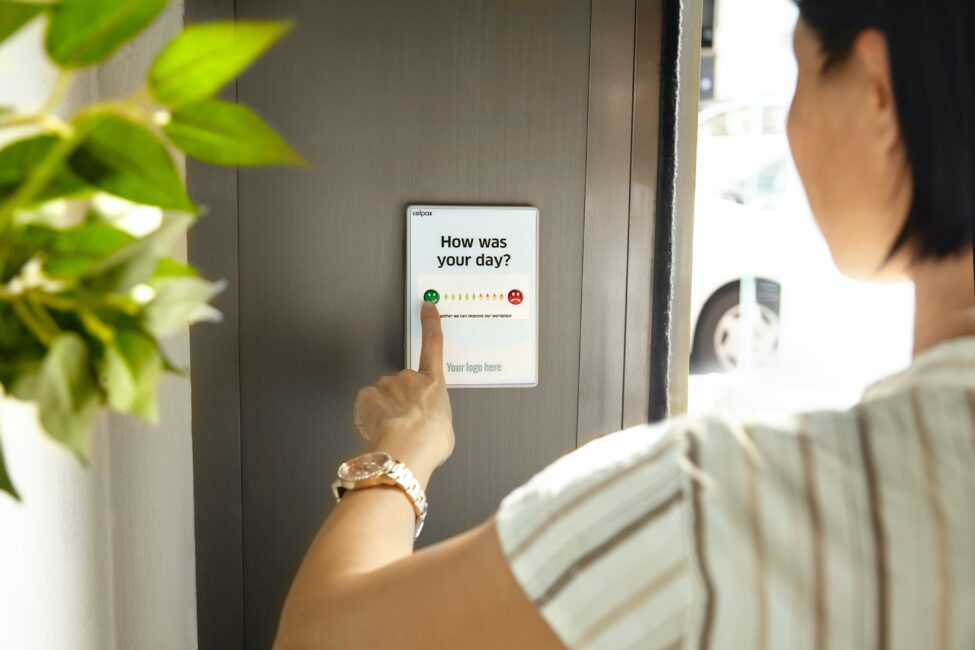
For businesses that have never had an employee engagement strategy before, where should they start? And what’s the most important thing to be implemented quickly? Does this differ depending on the size of the business?
There are eight factors to employee engagement that span how people feel about the company, its leadership and management, rewards, wellbeing, personal growth and social value, as well as team culture.
Identify some of the areas that are most important to you as a business right now. This will depend on your maturity, where you are in the engagement journey and your affordability.
Start with a good listening strategy as you will need to gather data. Ask people their thoughts – set up forums or share surveys or pulse surveys. Then look at the data purposefully and shape your action plans.
Remember to keep measuring as you go and look for opportunities to involve your people. Also, don’t forget that even the best engagement strategies need constant refresh to avoid impact being lost and apathy creeping in.
Do you think the pandemic has changed the way in which we all work for the better?
I think there are many benefits that will come from the pandemic, such as agile ways of working, greater work-life blend, stronger communication strategies and new behaviours such as compassion, empathy and support.
It has also challenged us to think of new ways to create the all-important sense of community and togetherness while we’re all remote.
I believe people will have developed new skills in self-resourcefulness and adaptability. Working from home more has also created more space for creativity and innovation. And, of course, less travel is fantastic for the environment!
We equally believe that the pandemic will change the way we work with clients. While there will always be the need for face-to-face meetings, clients have seen the ability of technology to enhance responsiveness – we can be much more flexible and therefore quicker in to scheduling a 30 minute meeting over Teams to discuss a pressing matter than we can be if we need to find a three-hour slot to travel to client offices and meet them face-to-face.
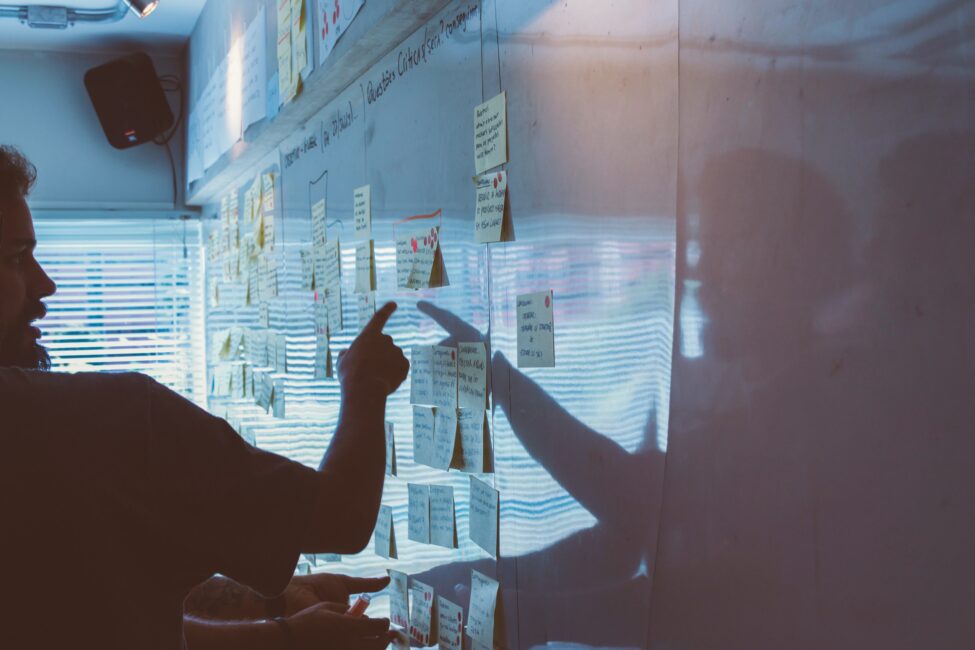
How does Elizabeth suggest small businesses apply the best practice principles of collecting feedback and evaluation she spoke about where the collection and analysis of data would lead to very specific and identifiable information? How can we avoid the team feeling a request for feedback is another form of performance review and a challenge to the sense of community you are trying to build?
If your business has a small workforce that could be identified it would be great for you to focus on creating a culture of openness and transparency. When staff feel ‘safe’ they are more open to sharing their thoughts and ideas directly with you.
You can achieve this through one to ones, employee forums and focus groups. This way, you can also involve them in identifying and implementing solutions, which is fantastic for engagement.
You could also have a staff suggestion scheme, which could be kept anonymous, or better still, offer small rewards for great ideas to keep people engaged.
We often assume that we’ll get negative feedback if we reach out and ask people for their opinion but remember there could be lots of great feedback they want to share (and are happy to do so) so don’t rule out surveys altogether.
Help people understand what your aim is and what you plan to do with the information. This will encourage them to contribute more openly and confidently.
Have you discovered any new apps you could recommend that have helped to work in the new way?
We’re using a range of new technology including Zoom, Skype and Microsoft Teams. Our intranet is also built on SharePoint. Our staff can access these systems on their phones and tablets.
There’s a range of apps within Microsoft Teams to help you work more effectively and a recognition app, which is really nice to use to thank people for work well done.
To maintain social contact, we’re using WhatsApp. Sites such as Yammer, for creating an online social community, also work well. There are also a few games apps that we have used to have team competitions too!

Given the speed with which the lockdown engulfed business, companies were driven to develop rapid and presumed temporary homeworking solutions. Are business risks being properly addresses as each week passes – for example, data, security?
These past few weeks have really tested business continuity plans and everyone has been on a steep learning curve. We have all been forced to act quickly and organisations with robust procedures will have been able to respond to this potentially more effectively than those who didn’t have a good baseline on procedures.
As an organisation, we put in place a Covid-19 Committee, made up of a diverse range of experts within the business. This central committee has closely followed the government guidance and frequently published new procedures and policies for our people.
We’ve had to draw on the support of leaders in all areas of the organisation and we’ve stayed really well connected to our people throughout. This collaborative approach, and the number of eyes on our procedures, has meant that we have been able to operate with confidence and manage risk appropriately. We’re also confident in our IT systems in holding his information securely.
Organisations now need to review and adapt what they’ve established if gaps have been found or new ways of working have not been successful. Now that business continuity plans have been tested, it provides opportunity to implement ongoing improvement. Nothing is static and changes can be made where required.
Are there any best practice tips for helping quieter team members during remote working when usually face-to-face time would be the best solution?
Talk to your team member and find out what would work for them as everyone is different: If you have a one size fits all approach then it probably fits nobody! Ensure you have a two-way conversation about the need to balance their needs and yours.
Agree some principles around communication such as frequency, what will be discussed and outputs you would like to see in their work. Encourage them to make contact with you also so that you’re not always the one initiating the calls.
Keep reminding them regularly of the need to stay in touch and provide feedback on whether it’s working well or not. You can also introduce a buddy system in the team whereby a close team colleague checks in with them once or twice a week.
This mix of one to ones, a regular team meeting and a buddy check in will work well.
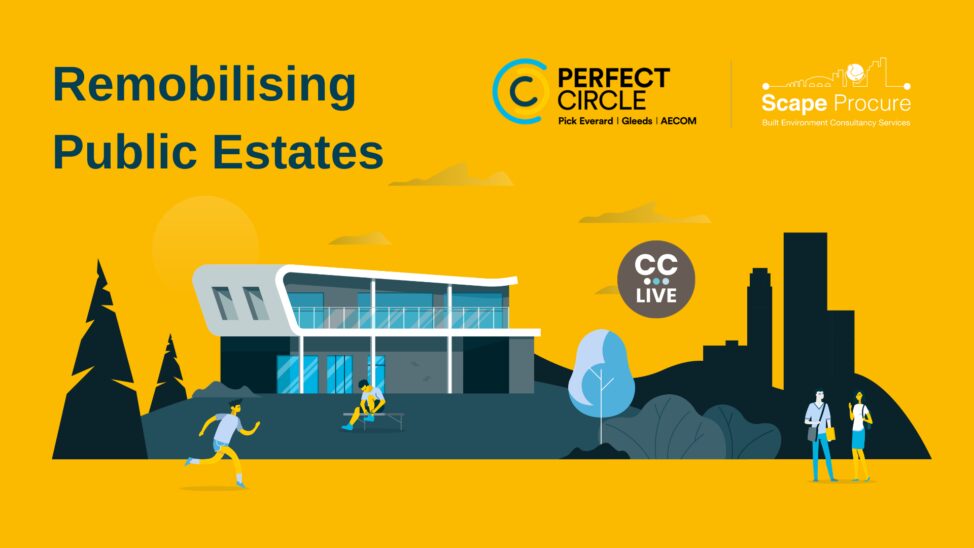
Remobilising Public Estates – webisode two
Our next webisode, Remobilising Public Estates, will discuss how the public sector can effectively remobilise buildings following the period of lockdown and help communities get back the services they rely on.
Speakers include:
- Ned Roberts, Director for outsourced facilities management at Gleeds
- Darren Smith, Commercial real estate partner at Knights plc
- Chris Norton, Associate director for outsourced facilities at Gleeds
It is part of the new and virtual CC Live series, hosted by Cartwright Communications. The series of webcasts or ‘webisodes’ have been designed to help everyone stay connected. They are short, snappy and informative broadcasts, professional produced and presented by a former TV presenter.
Each episode features conversations with industry leaders from a variety of sectors – followed by a live Q&A session – as everyone works through the coronavirus pandemic and beyond.
There’s still chance to join us for our second CC Live episode – all you need to do is register for free. We look forward to seeing you there!

